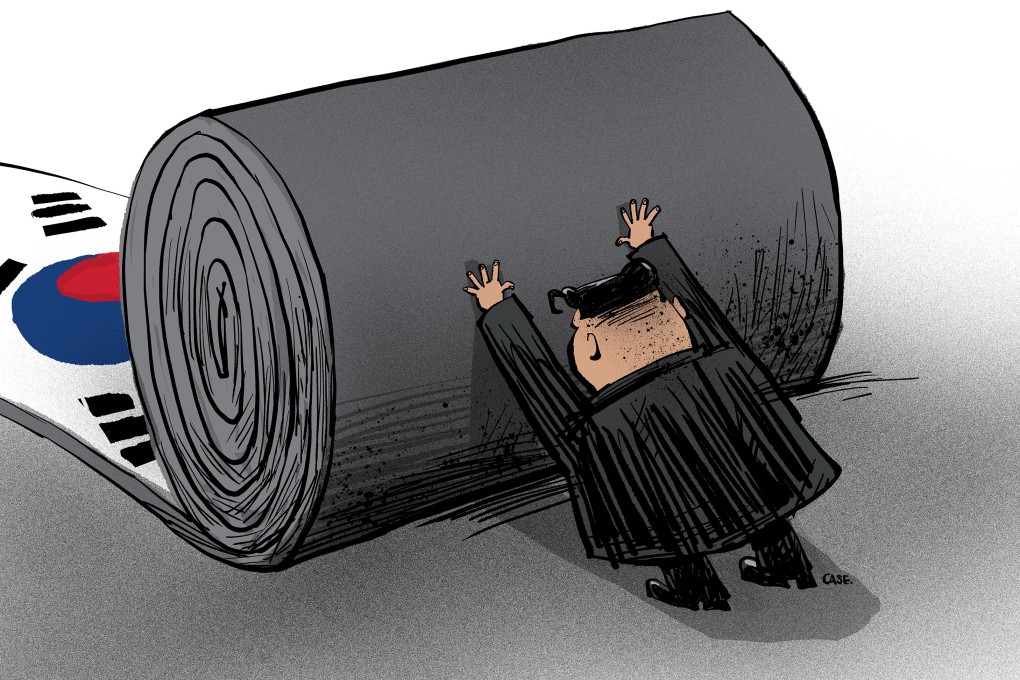Advertisement
Opinion | South Korea’s latest unification effort is just more provocation
- The vision of unification South Korea is selling has no room for North Korea or Kim Jong-un’s regime. It is bound to fail
Reading Time:3 minutes
Why you can trust SCMP
2

On August 15, South Korean President Yoon Suk-yeol unveiled his government’s new approach to unification. While the goal for unification is enshrined in South Korea’s constitution, previous administrations have aimed for a gradual process built on foundations of trust, reconciliation and cooperation. In contrast, Yoon’s policy appears to centre on a singular objective: a unified Korea based on South Korea’s liberal democratic system.
In his Liberation Day speech, Yoon outlined three key tasks to be implemented: defend and further strengthen the value of freedom in South Korea; bring about changes in North Korea through human rights improvements and external information; and expand cooperation with the international community to achieve unification. According to the South Korean president, the goal should be “unification through freedom” and to establish a “free, peaceful and prosperous unified Republic of Korea” (ROK).
In other words, there is no place for North Korean leader Kim Jong-un’s regime in Yoon’s vision of a united Korea, which he referred to as the ROK, South Korea’s official name – explicitly pointing to the absorption of the north.
Realistically, there is no scenario in which the North Korean government would accept such a plan, as it would mean the de facto dissolution of the Kim regime and the entire North Korean political system.
Since Kim abandoned the goal of unification last December, the Yoon administration has doubled down on rhetoric promoting a unified Korean peninsula under the principles of freedom and democracy. But it doesn’t take an expert to realise that Yoon’s new unification doctrine will be flatly rejected by the North as it reinforces Pyongyang’s reason for giving up on unification in the first place.
In January, Kim made clear he would no longer seek unification with the South given the latter’s obsession with “unification by absorption”. Kim accused the Yoon government of “dreaming of the ‘collapse of our government’” and painted North-South relations as between “hostile” and “belligerent” states. North Korea now sees the South as its “invariable principal enemy” and “a foreign country” – not the partner for reconciliation and reunification.
Advertisement
Select Voice
Choose your listening speed
Get through articles 2-3x faster
1.1x
220 WPM
Slow
Normal
Fast
1.1x
